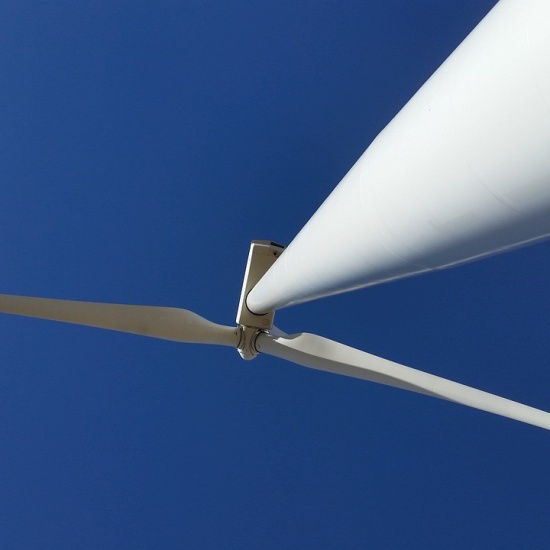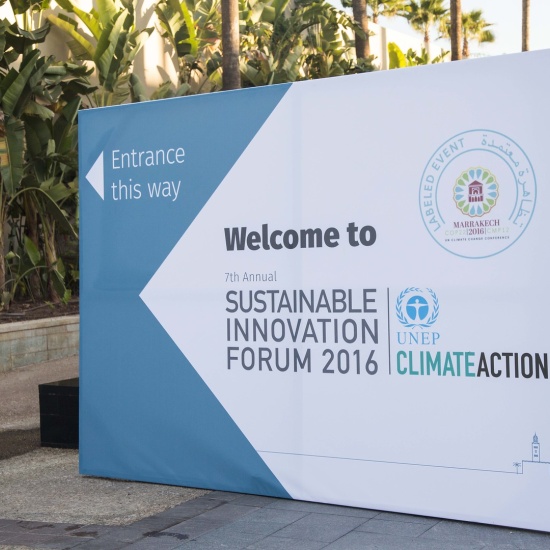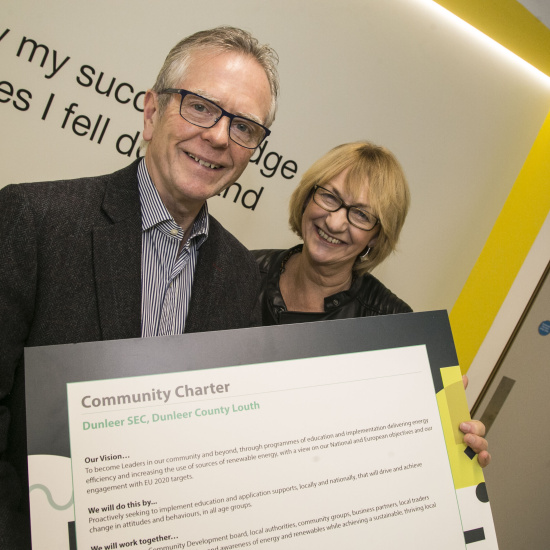Shifting how we live and consume energy

The Government's upcoming Climate Action Plan will set a new level of ambition to take fossil fuels out of our energy system, to achieve our targets of 51% emissions reduction by 2030 and net-zero emissions by 2050. Nothing short of a societal movement to ultimately end the use of fossil fuels is now required.
Last week's National Development Plan announcement and Budget 2022 are strong signals of the Government's commitment to achieving these ambitions. They include significant allocations for building energy upgrades and free upgrades for energy poor homes (funded by carbon tax receipts) and continuation of grants for electric vehicle purchases and home charger installations.
Energy costs
There has been much discussion about recent electricity price hikes. It is reasonable to presume that long-term all energy prices (electricity, oil, and gas) will continue to rise. We can switch suppliers to make savings on our energy bills, but it is not a long-term solution to something that is likely to be a persistent feature of our lives. Instead, homeowners and businesses can avail of Government grants through SEAI to permanently reduce their energy use and make significant savings on their energy bills.
This is no longer just a personal concern. It is part of a major shift in how we live and consume energy. Already, hundreds of thousands of people have made this change and it has not only impacted their pocket, but they have helped their communities and society too. Ireland is about to change dramatically and now is the time to be part of that change.
Home energy
Our homes are the largest consumer of heat energy, responsible for a quarter of Ireland's energy use, second to transport and more than industry. The good news is it has never been easier to upgrade your home, particularly with a growing number of one stop shops providing an end-to-end managed service for you. There has also been strong growth in personal savings during the pandemic.
What better place to invest them than a home energy upgrade? You will have a warmer, more comfortable and healthier home, with lower energy bills and lower emissions. Plus, you will increase the value of your home.
Get a Building Energy Rating (BER)
A BER certificate indicates your home's energy performance. Like the energy label for household appliances, the certificate rates the building on a scale of A to G. The most energy efficient with the lowest energy bills and lowest emissions are A-rated, which use less than a sixth of the energy of a G-rated home. The BER also comes with an advisory report, which is a personalised roadmap on how to improve the energy efficiency in your home. Once you know just how efficient your home is, you can choose the best energy efficiency improvements for you and your budget.
Invest in insulation
One of the first steps you should consider to make your home more energy efficient is insulation. On average, a home loses 20-30% of its heat through the walls and up to 30% through a poorly insulated attic. Insulation will reduce heat loss and your heating bills. It will make your home more comfortable, and, as you will be using your heating less, you will also cut down on your greenhouse gas emissions.
Install a renewable energy system
Once you have made sure your home is well insulated and heat is not escaping, you should consider a renewable heating system. Heat pumps are environmentally friendly and are extremely efficient home heating systems in well insulated houses. The most common heat pumps work by converting energy from the air outside of your home into heat inside, much like the way a fridge cools food. They provide a nice, even heat throughout the house, and reduce your carbon dioxide emissions.
Similarly, you can heat water easily with a solar thermal system. These systems use solar panels to provide up to 60% of your hot water requirements for the year. Finally, you can think about adding solar panels to generate electricity, which can be a great way to power your heat pump, or your EV or just to heat the hot water in your immersion.
Government grant options
SEAI offers several different Government funded grants to help people on their home energy upgrade journey.
- Free Energy Upgrades for qualifying homeowners in receipt of certain welfare payments such as the fuel allowance, carer's allowance and domiciliary care allowance.
- Individual Energy Upgrades for those wishing to carry out one or two energy upgrades and to manage their own energy upgrade
- One Stop Shop service offering a complete home energy upgrade solution that is fully project managed by the one stop shop for homeowners wishing to undertake a large energy upgrade to a B2 BER rating or better.
The contributory grants will typically cover around one third of the cost of works for a typical ¾ bed semi-detached home.
Lose the fossils - buy an electric vehicle (EV)
Today almost 40% of our electricity comes from renewable energy meaning that mile for mile an EV is responsible for less than half of the CO2 emissions of an average petrol or diesel car. EVs are more than 70% cheaper to run than diesel or petrol cars making them more affordable than you think. Over 25,000 people have already made the switch to EVs in Ireland with generous Government supports to help with the purchase the cars and home charger units.
SEAI offers a range of Government funded supports for householders, businesses, and communities who want to reduce their fossil fuel use.
Find out more about SEAI grants



